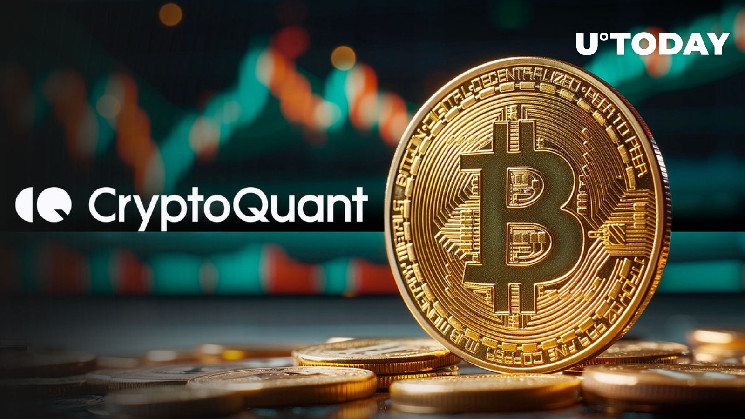Aggregated Bitcoin (BTC) hashrate, i.e., the total number of hashes produced by all miners on the network, added 6% in just three weeks. Leading on-chain analysis firm CryptoQuant explained why this is a positive signal for BTC's performance.
Bitcoin (BTC) hashrate recovers at impressive pace, CryptoQuant says
Bitcoin (BTC) hashrate spiked to 604 EH/s, which is a local high. The upsurge pushes total growth since bottoming to 6%. Such calculations are published by CryptoQuant researchers in their latest Bitcoin Miners Recover: Hashrate Rises, Selling Eases report.
#Bitcoin miner hashrate is rebounding, reaching 604 EH/s, a 6% increase since July 9.$BTC hashrate is now less than 2% from all-time highs. pic.twitter.com/aKJnOBj1vd
— CryptoQuant.com (@cryptoquant_com) August 2, 2024
In order to revisit its all-time high, Bitcoin (BTC) miners should raise its hashrate by 2%, as of now. The CryptoQuant team stresses that this should be treated as a positive sign for the market.
In the midterm, the higher hashrate is a result of recovering revenues and miners being fairly paid now after experiencing an extremely underpaid situation since April, when BTC halving reduced block rewards by 50%.
Daily miner revenues have increased by almost 50% since early July, which appears to be the period of "maximum pain" for the segment.
As covered by U.Today, in mid-April, BTC block rewards for miners dropped to 3,125 Bitcoins (BTC) per block.
BTC selling pressure looks exhausted
As a result, Bitcoin (BTC) miners are yet again interested in accumulating their coins instead of selling them. Combined with overall bullish sentiment, this results in "eased" selling pressure.
Namely, daily Bitcoin (BTC) miner outflows have remained between 5,000-10,000 in July, which is roughly equal to 50% of March 2024 levels.
However, Bitcoin (BTC) miners remain dependent on BTC price volatility. Daily transaction fees dropped by orders of magnitude in recent months, researchers say.
 u.today
u.today
